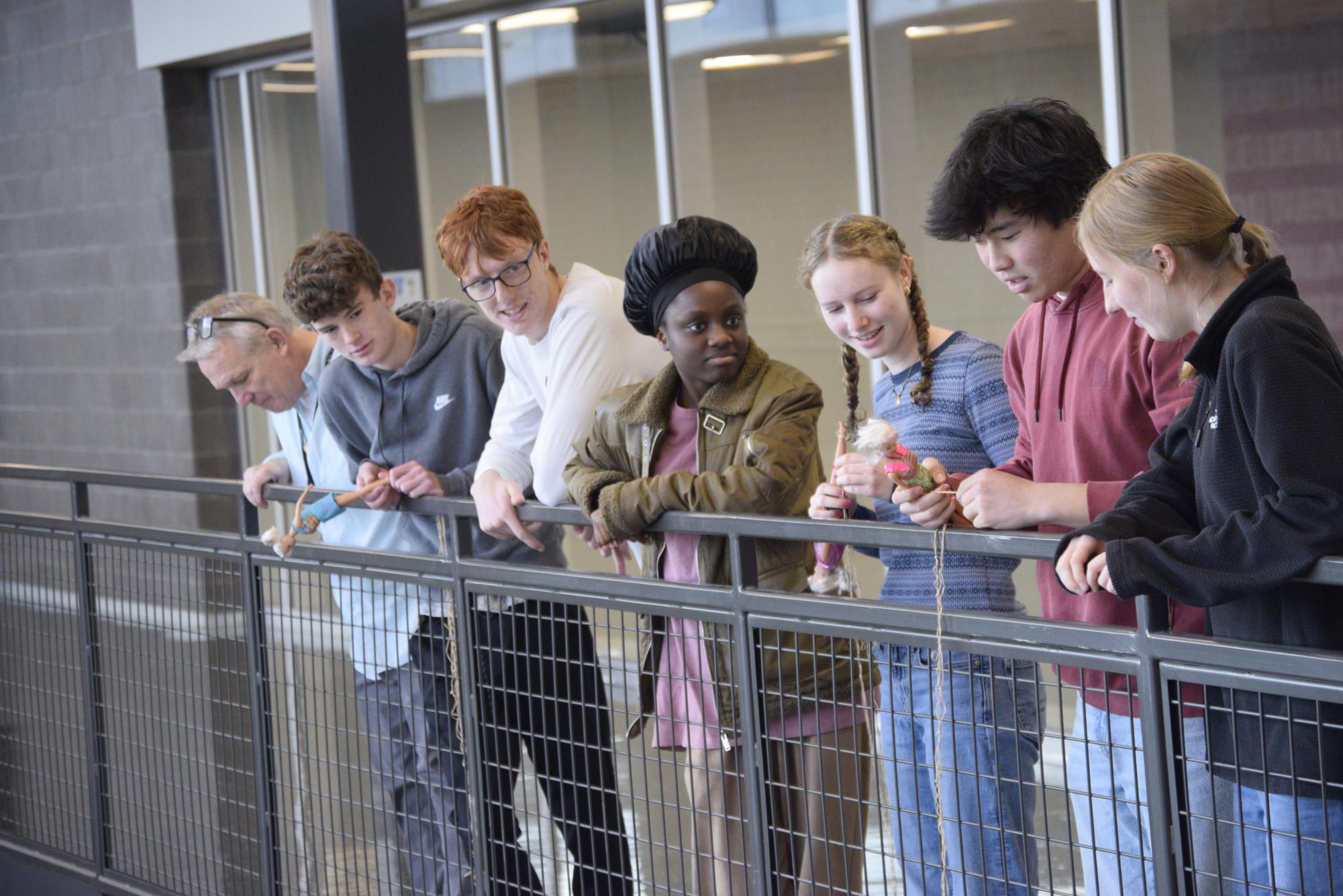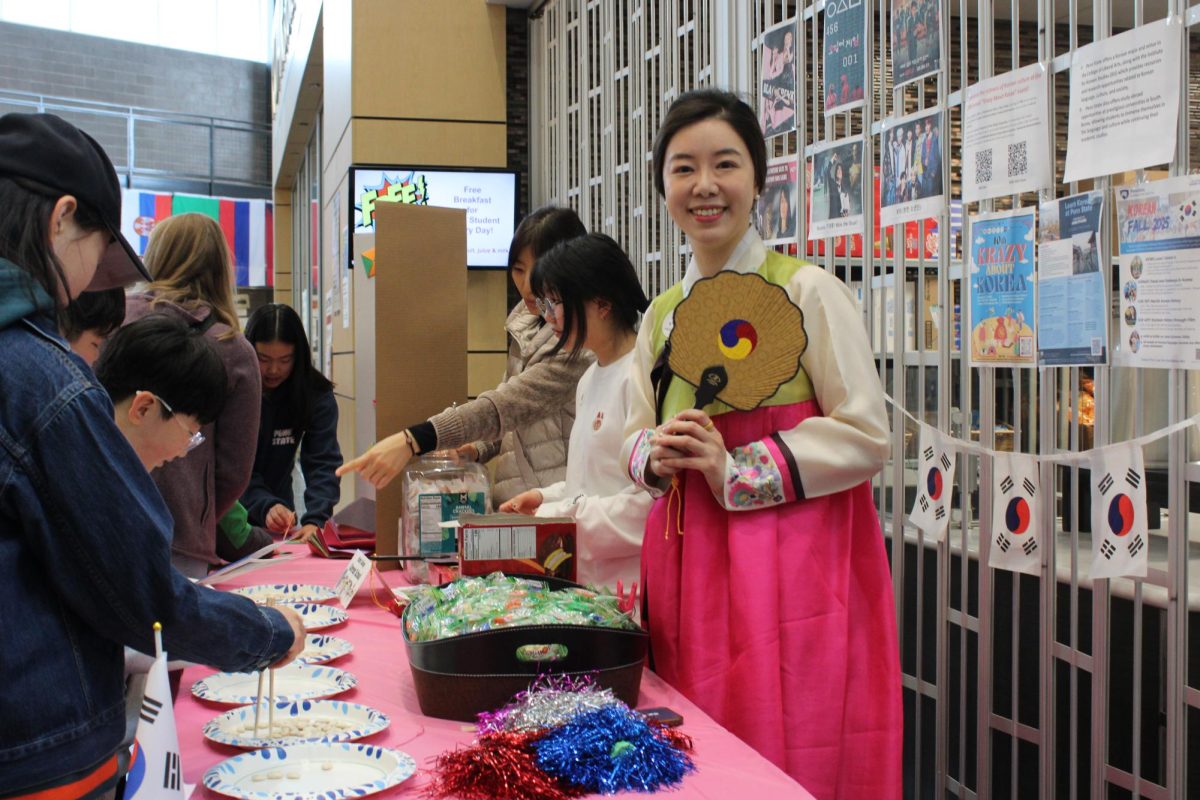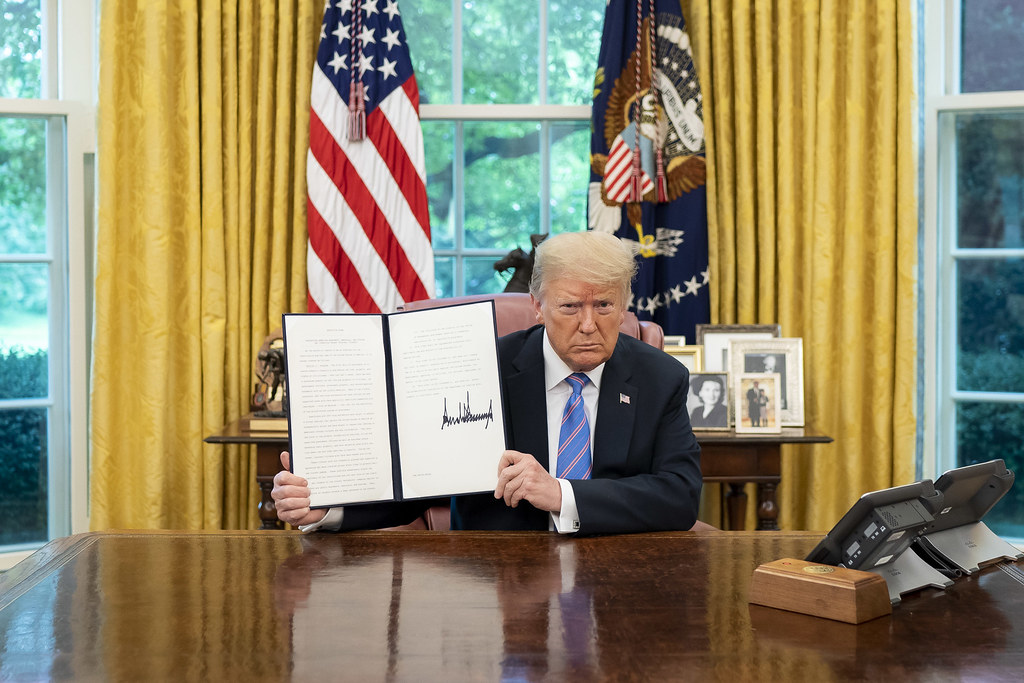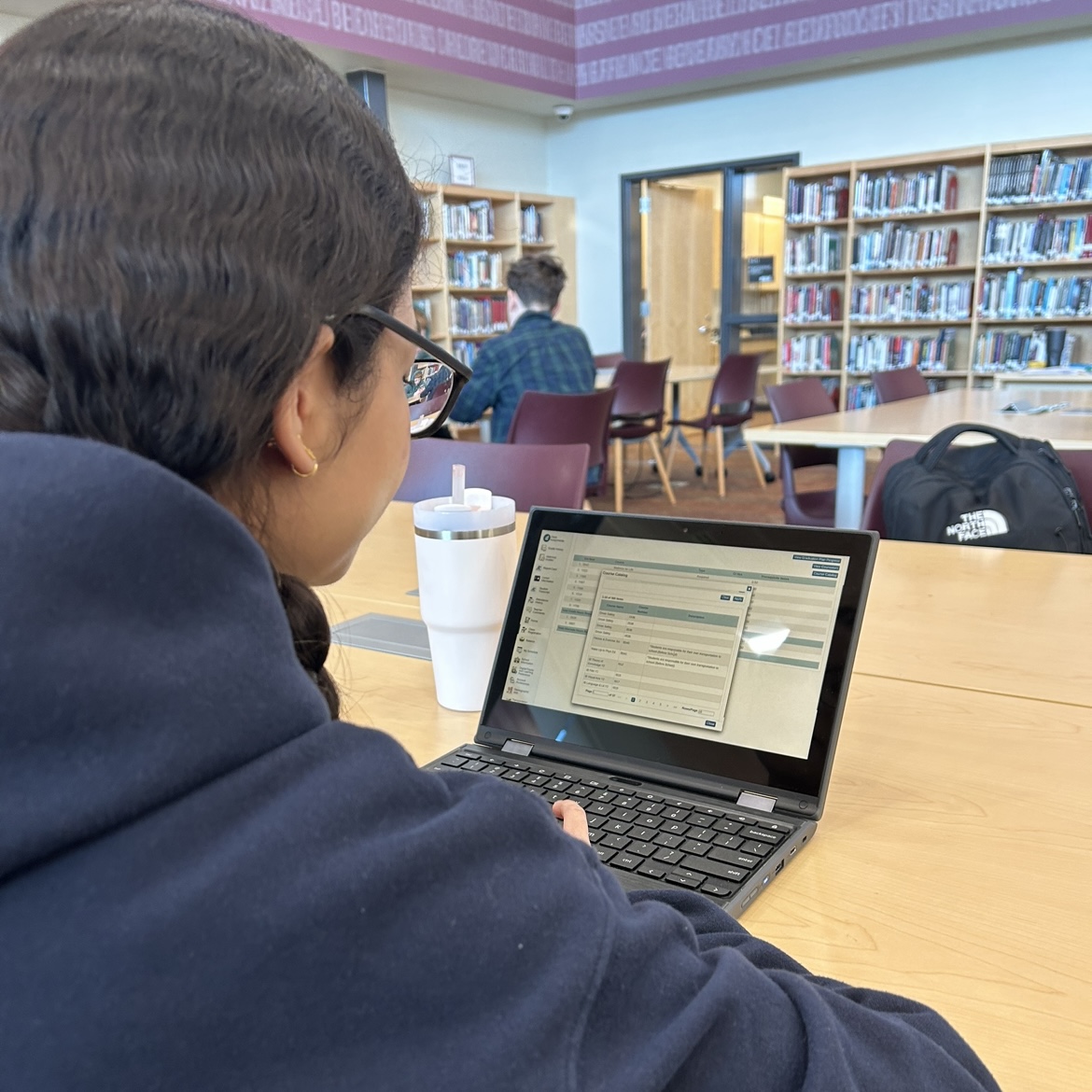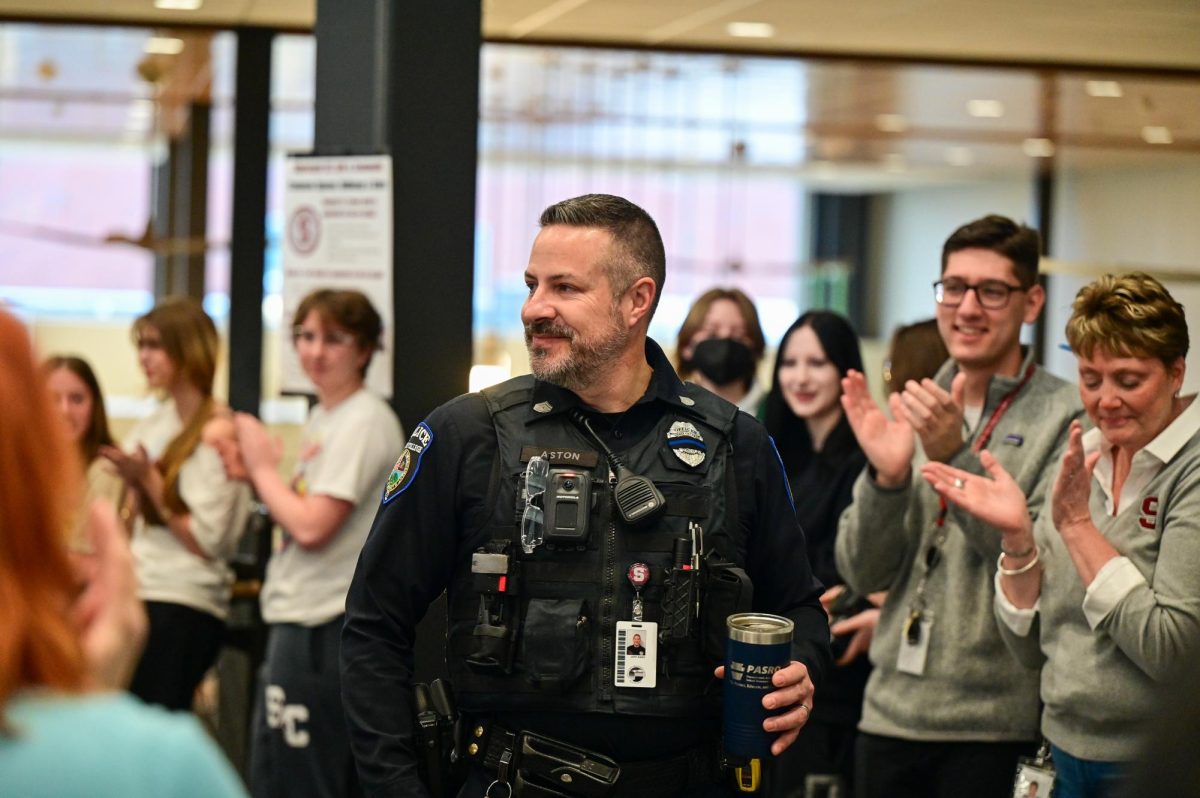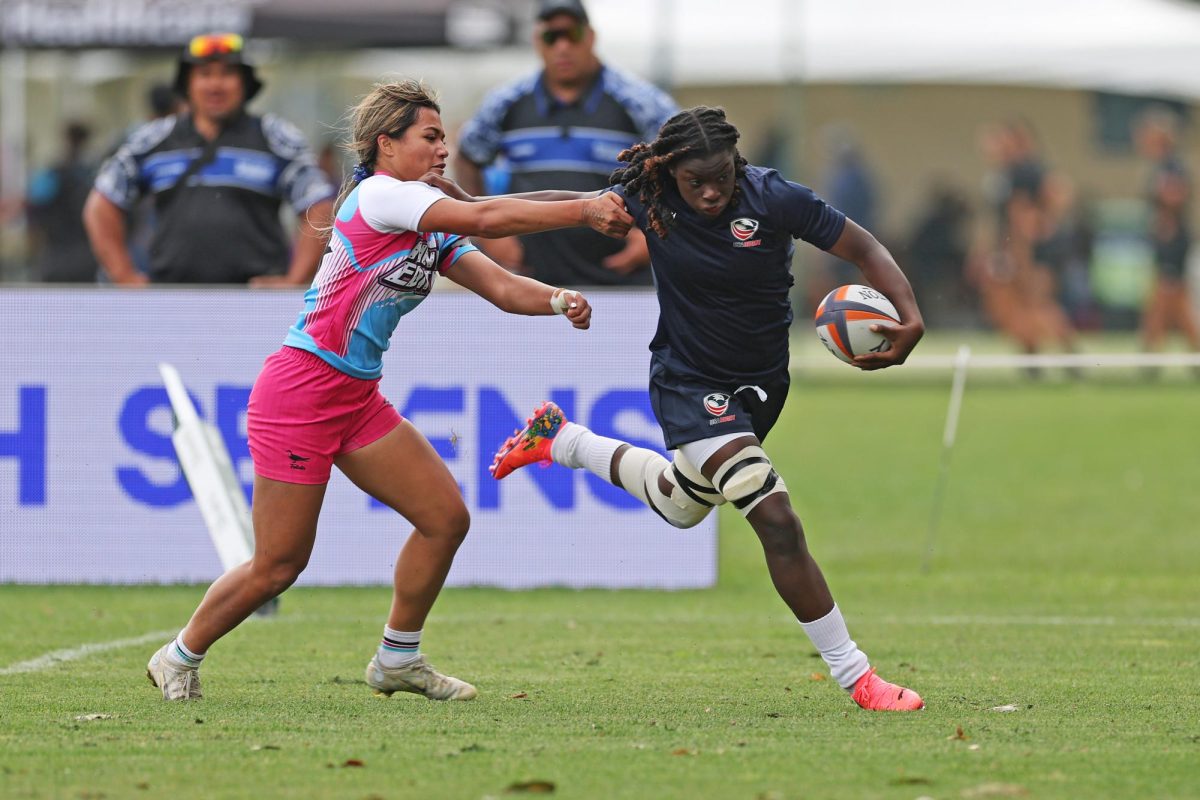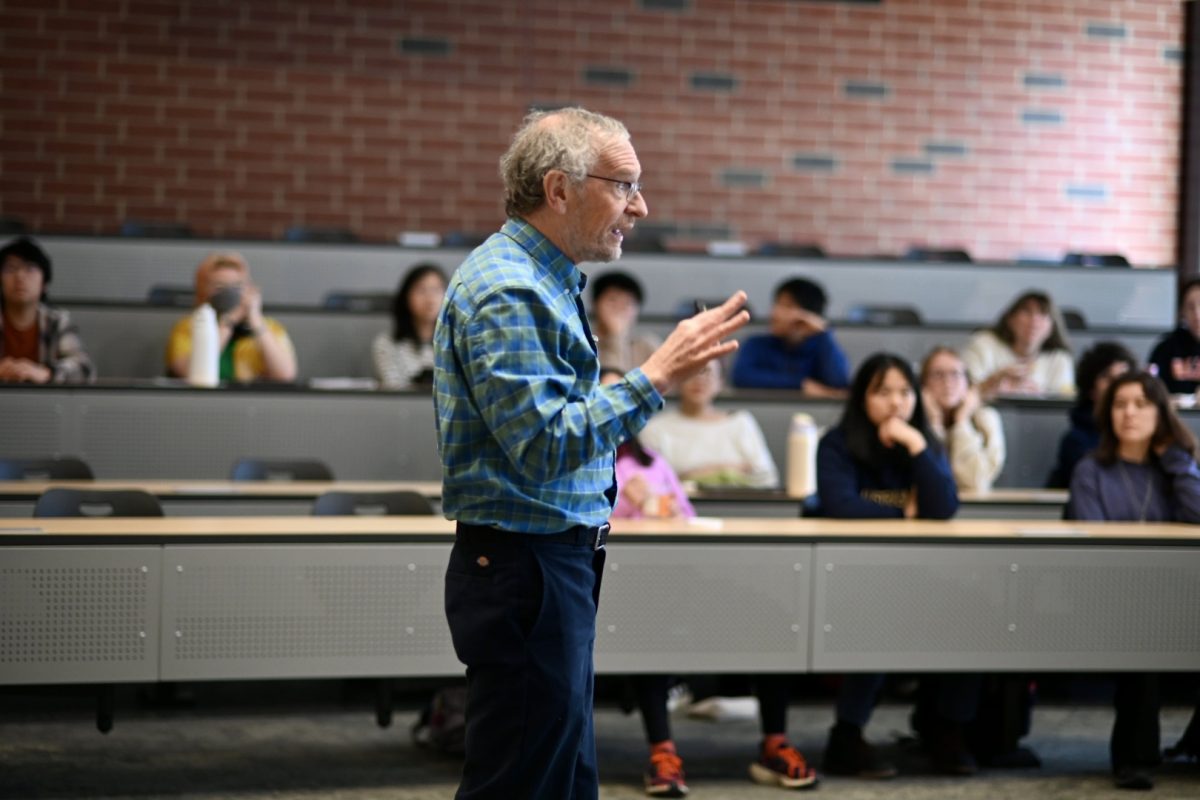On Nov 4. the State College Area School Board voted to phase out the International Baccalaureate (IB) Programme due to low enrollment, cost of the program and scheduling concerns.
The IB Programme is a globally recognized educational program “designed to develop well-rounded individuals who can respond to today’s challenges with optimism and an open mind.” In contrast with more traditional courses at State High, the program focuses on developing the overall student through experiential learning and internationally relevant coursework.
The IB Programme was in full function for five years, from 2019 to 2024. The diploma programme consists of 3 core components and 6 categories, while many other à la carte options are offered for non-diploma students. In total, 39 IB courses are offered at State High.
Ultimately, the board voted four to three to discontinue offering the program for the 2025 school year. (Note: two board members were not in attendance).
Scheduling Difficulties
IB students are required to complete a specific set of IB courses in order to get their diplomas, so their schedules are decided before other students in the master scheduling process. This was a concern to the administration as it appeared they were favoring a small group of students over the larger population in the scheduling process.
Additionally, due to the low number of students enrolled in the IB Diploma Programme, 21 out of 39 IB courses have under 12 students in them, meaning scheduling for classes with fewer students is prioritized over larger classes. Some classes with low enrollment are co-seated with similar classes, such as IB Spanish and AP Spanish, creating an additional layer for scheduling.
School Board President Amy Bader noted that the scheduling logistics were among the main concerns for administration.
“The biggest question I had for the administration was really less about the financials and more about the logistical burdens that scheduling, providing and administering that [the IB] Programme was,” Bader said. “What the administration presented to us was that that [scheduling] was the major issue in their desire to discontinue the program.”
The hope is that the discontinuation of the program will lead to more flexibility when creating the master schedule.
“The hidden cost is the staffing cost, so when teachers are teaching IB and we don’t have adequate enrollment they are teaching these very small class sizes and that’s taking up a section in that master schedule and classroom that gives less opportunity to put maybe a more standard algebra class in there,” Bader said.
However, board member Peter Buck did not believe the scheduling concerns were enough of an issue to phase out the program.
“Co-seating is a real administrative logistical pain to do because you’re saying, ‘Okay, well, this part of a math class, but then we have to be able to teach the IB thing, so how are we gonna do that?’ We’re gonna have to co-seat who’s gonna be able to do that? And so, for the administrators and the teachers, I do not discount that it can be annoying. I just think that I have to do annoying stuff at work all the time,” Buck said.
Cost of the Program
For administration, IB enrollment numbers versus the cost of the program did not feel sustainable to continue the program at State High, as the program costs between $117,000 and $138,000 annually.
The IB department budget is $33,250 compared to an average of $14,225 for the social studies, English, science and math departments. By discontinuing the program, the school hopes to redistribute the budget to support a wider range of students, in line with their Multi-Tiered Systems of Support (MTSS) framework.
Additionally, to remain a part of IB, the district had to pay an annual fee of $13,000 to the IB organization, as well as hire teachers willing to get an IB certification and pay for their training and certification.
“We have to pay to be part of the IB Programme, so there are annual fees that have to be paid and there is teacher training that we have to do. The teachers have to be trained to be considered an IB teacher and they also have to do ongoing training in whatever the subject is that they teach,” Bader said.
Lack of Enrollment
With only 21 students enrolled as full IB diploma students this school year, lack of enrollment was cited as one of the main reasons for discontinuing the program. Bader explained how IB course offerings could influence why more students don’t choose IB.
“We have a lot of advanced students, so when students start being advanced earlier, they kind of have already gone beyond where the IB math program is. Right now we don’t offer IB chemistry, we only offer the environmental science course and we’ve heard from students that want to pursue medicine or other types of rigorous science courses they can’t get in their anticipated requirements that apply to those kinds of programs,” Bader said. “There’s a lot of constraints that make it hard to opt in for that formal schedule that IB has for those two years”
However, others believed that timing was the reason for low enrollment and that the program was headed in the right direction. IB Coordinator Jen Schreiber cited the growing number of à la carte students.
“We had decided to focus on the growth of à la carte so that the courses themselves would grow, and then to build diploma numbers and so we were trending in the right direction to be successful,” Schreiber said.
Current IB diploma student Isabel Olson described how the lack of enrollment seemed to be caused by the program being new to the school and having limited advertising and recruitment.
“I think the fact that people don’t really know what it [IB] is, don’t really understand it, is really limiting the enrollment…I think if it was better advertised and explained to all students, especially sophomores, many more students would do it,” Olson said. ”I know I have a lot of peers that are like, ‘Oh my gosh, I would have done so great and be a diploma if I knew more about it.’”
Current IB à la carte student Hannah Majewski echoed Olson’s statement about the program’s lack of advertising.
“I didn’t know it was a full diploma programme until my junior year. I didn’t know the length of the program or the electives you could take so I don’t think that it advertised itself enough and I think that if we would have advertised it a little bit more then it might’ve had more students,” Majewski said.
Schreiber compared State High’s advertisement outreach of the IB Programme to other schools.
“Compared to other IB world schools, we didn’t do nearly enough in terms of advertisement. I was really the only person who was targeting IB and in terms of signage and the building we didn’t have the things that a lot of other schools have,” Schreiber said.
Buck elaborated on how outreach within the district about IB compared to outreach about other programs, such as AP classes.
“I can tell you from being at the board table the amount of time that we have spent with one another and with the upper administration talking about AP and like celebrating AP and making sure that we provide funding for students to take AP exams…compared to IB. That tells me something about where the administration is spending its time thinking and recruiting, which is not IB,” Buck said.
Olson believed that before discontinuing the program, the district should have attempted to address enrollment concerns.
“I think what would have been a more productive solution in this, instead of just dismissing the program, would have been to first try to re-assess the program. What’s not working? What’s not doing good? How can we advertise this enrollment and get more students involved? How could we fix some of the issues in the program? Because it wasn’t spotless, but for a program it’s only five years old, how could it be?“ Olson said.
Reflecting
The board’s decision came with a lot of mixed reactions.
“I just think that there was not enough time, there was an emphasis on other things and a lack of communication and I would say administrative commitment to recruiting students into a program that really is incredibly life affirming,” Buck said.
The program’s short-lived time at State High left many wondering what the program could have become.
“This such a young program and reflecting on ways in which it could have been either stronger or advertised better or enrollment could have been up. Instead of immediately just cutting the program, I think [this] would have been such a better solution,” Olson said.
Schreiber echoed this sentiment, describing how the success of graduated IB students could have been used to market the program.
“The thing that really serves to advertise a program like that [IB] to students is success…Our first cohort graduated under COVID circumstances, which made it really challenging, but those students are just now in their senior year [of college],” Schreiber said. ”We’re just now beginning to see this sort of success that students were able to achieve with the IB Programme.”
After five years at State High, Schreiber reflected on the positive impacts IB has made on student lives.
“We’ve done a lot of good things for a lot of students…last year [we were] externally reviewed by the IB and we passed that review with flying colors, so we have a really good program here in a shame that it’s gonna go away,” Schreiber said.
Now in her second year of the IB Diploma Programme, Olson shared how IB has impacted her learning experiences.
“Another thing I love about it [the IB Programme] is it makes global connections, so everything we do connects back to the globe, connects back to current issues and it makes it more of a productive student in our world and more of a contributor to our world,” Olson said.
Feelings like those of Olson and Schreiber have led Buck to believe that the decision to remove the program was a mistake.
“There are few academic programs that focus on developing people’s critical thinking and their understanding of their potential role in the world, the United States and where they live in a coherent way,” Buck said. “[A program] that offers them the chance to understand the kind of difference they can make through their own autonomy, like and their own sense of self and I’ll say very plainly that I think it was a colossal mistake for the school board to vote to cut it.”
However, other board members believe that the decision will be better for the overall student population.
“It may feel distant for students because it’s a benefit with administration and scheduling, but that does actually really deeply impact students…It more likely will increase the opportunities for students to get the schedule that they want,” Bader said. “The IB Programme can constrain other students’ chances to get into some of those programs, so I think it’s going to open some doors for kids to get what they want.”
Moving Forward
The plan in place is to discontinue enrolling new students in the diploma programme but allow current juniors to complete their diploma requirements. With the removal of the IB Programme, the high school only offers AP and college prep (CP) level courses, so there has been discussion regarding bringing back advanced course options. However, as of right now there is no definitive plan to reinstate those options.
“I know that there were a lot of underclassmen looking forward to taking IB credits and IB courses so I know they will definitely be affected as they do have to find a plan for them that would work the same,” Majewski said.
Bader offered a silver lining to those who are disappointed in the decision.
“My hope is that we take those lessons and experiences and what we heard from students saying it was so great, and incorporate that where we can to benefit more students, just not in the formal IB Programme label,” Bader said.
However, as a current IB student Majewski doesn’t believe that is possible.
“At the board meeting a lot of the argument is that we will be able to put a lot of those core values into other courses and there is some degree to where I don’t really think that is possible unless it is the same teacher,” Majewski said. “Unless you have the same teacher teaching for the next 20 years and they know the IB values and they’re teaching through them, I don’t think that truly is possible to maintain those same values and the same setup for learning.”
Buck echoed Majewski as he shared how the district needs to figure out some way to apply the IB values to other classes.
“There’s a letter that Thomas Jefferson wrote to, I believe his name is Charles Yancey, where he says that ‘[If] a nation expects to be ignorant and free [in a state of civilization, it] expects what never was and never will be,’ and so the district better really step up and make sure that it is doing the kinds of things that IB did and whatever it does in advanced and CP classes because if it doesn’t, then it’s part of the problem,” Buck said. “The IB Programme helps people like you or any student to say, who am I in the world and what is my responsibility? And to just be like, ‘I guess if we don’t need that,’ I just find that incredibly disappointing.”
Note: Original article published on Dec. 10 incorrectly stated the board decisions occurred on Nov. 18. The correct date is Nov. 4.


